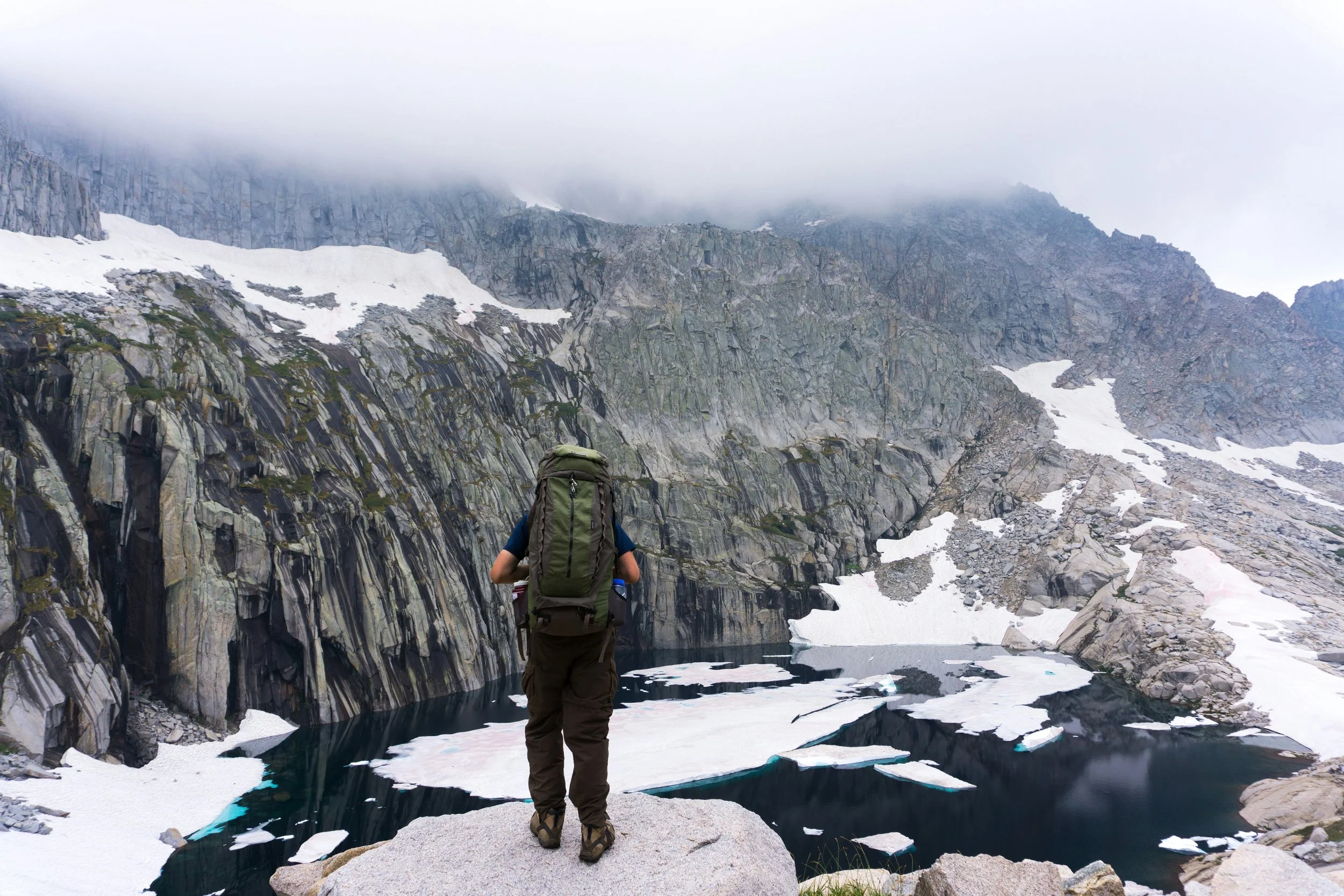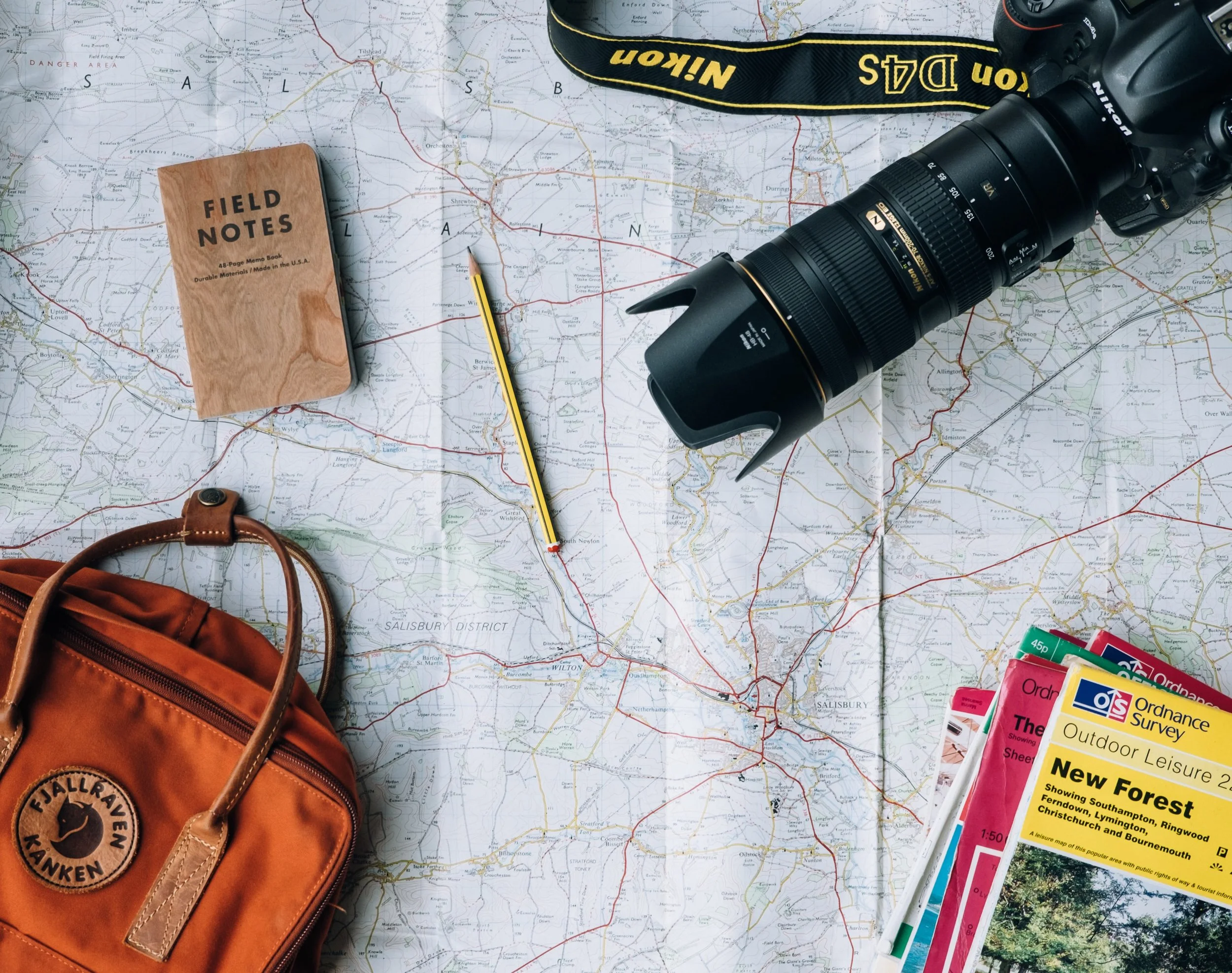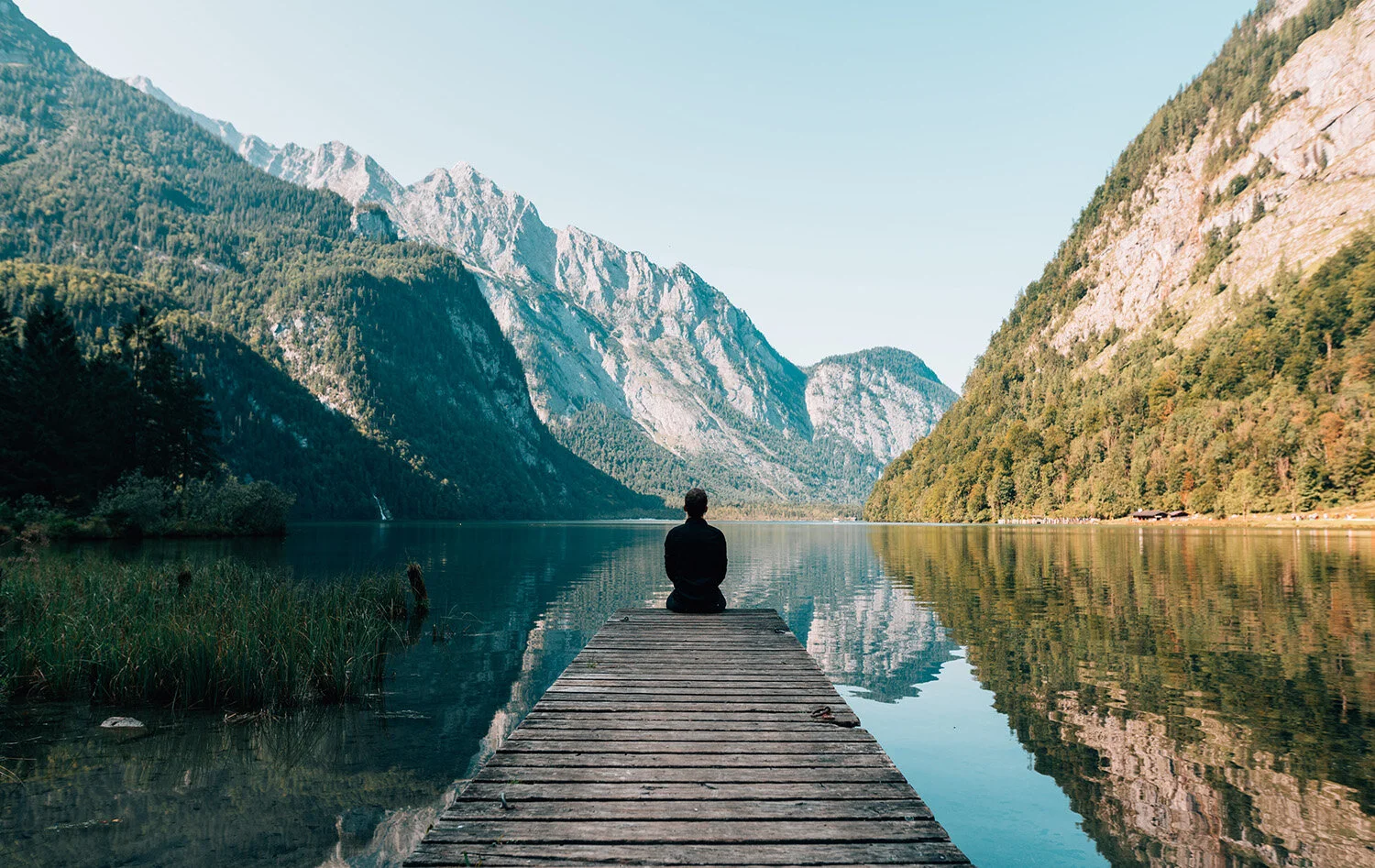Poland is a place steeped in tradition, culture and history. Unfortunately though, it is often viewed through the lens of terrible hardship due the dark times during and after World War 2. I’m pretty sure that for most non-Polish people; invasions, concentrations camps and Hitler are a couple of things that first come to mind when they think of Poland. However, this is not the case! It is a proud country filled with so many stories of success and triumph - I would like to share one of those stories today.
When we arrived in Poland before setting off on our around the world trip, Hanna’s mum asked if I would like to attend ‘Biesiada Kresowa’ (a feast to celebrate the history of people from Eastern Borderlands). I wasn’t sure what the event was, or what to expect - but when I heard about the traditional food, folk costumes and dances, I couldn’t be more excited to go and see it for myself!
Biesiada Kresowa is a new event in only its second year. After the end of WW2 the political borders of Poland changed. The majority of the east no longer belonged to the country, and parts of Eastern Germany had now become western Poland as we know it today. During this time, many people were relocated from Eastern Poland (now Ukraine, Belarus and Lithuania) to Eastern Germany (now Western Poland).
Biesiada Kresowa dancers performing traditional routines
Nowadays, these people, Kresowiacy, come together at such events to reflect and share stories about the past. They have a very strong social bond due to everything that they went through. Everyone in this region of Poland is touched by the events after WW2 and Biesiada Kresowa helps to cultivate the memories of the hard times in more of a positive light.
The whole idea of what they went through is just incredible. These people and their families were living in Eastern Poland post WW2 when the borders changed. Although they were still Polish, they were no longer living in their own country! They had two options - leave, or become a citizen of a different country – most likely Ukraine. The majority of the population didn’t even speak the language or engage in Ukrainian traditions.
I can’t imagine what it would be like for someone to tell me that suddenly I am not Australian anymore and I can become a Kiwi from now on or leave. I don’t think I would be able to accept the 1st option (no offense my kiwi friends). However, this was the situation faced by many.
The event was just perfect! Picture waitresses wearing traditional folk costumes, old grandmas and grandpas passing the mic down the long table as they each gave stories about their journeys, plates of traditional Ukrainian/Polish food & drink, traditional dancing with a single female dancer making a ‘pisk’ (like a high pitch squeal, but executed with a huge smile on their face) in a space about the size of 2 basketball courts. The entire crowd at one point was singing along, with an old lady leading the way through a screechy microphone – just amazing!
The whole ordeal that these people went through is still so evident on their faces – if they didn’t experience it for themselves, then a direct family member surely did.
This is exactly what Hanna’s Babcia (Polish word for grandma) had to face, with her family, when she was just 7 years old, in 1946. Babcia, her sister (5 years old), mother and her grandmother, all made the journey from Kresy (Eastern Borderlands) to the West - or so-called ‘recovered territories’ of Poland.
Babcia
‘We are going to the West’ was a common saying during this time as most took the option to leave and head for the newly formed part of Poland (Recovered Territories) with nothing but the clothes on their back and what they could carry. Just a handful stayed behind as they had family in countries like Russia and Ukraine and were willing to adopt that way of life.
Those who left Eastern Borderlands were placed on cattle style trains and taken to the other side of the country. The trains were designed to carry goods rather than passengers. Every carriage housed 4 or 5 families with each train being made up of approximately 20 carts altogether. No one knew exactly when or where they were getting off. Many suffered illness aboard the train due to poor sanitation. The harsh weather and sense of hopelessness made it for a brutal grind.
Kresowiacy are very patriotic people. Their homeland was considered to be the gateway to Poland from the East. This former part of Poland was the first place that invaders from eastern countries would try to enter. It was also the heartland of Europe. Kresowiacy had fought for their country for many years and did not want to assimilate to another culture because of political border changes. They preferred to let go of their entire lives (except what they could carry) and take the train, in order to continue to be Polish.
Babcia went into great length about the journey and the impact that it had on her and many other families, who faced the same situation. She told us about the fear that they faced every day. Their homeland was being invaded by guerrilla warfare – however these were not ordinary soldiers. They were soldiers out to slaughter men, women, children and anything that stood in their way.
This proud area of Poland that was once populated by many famous writers, artists, and men & women, who developed Polish culture, was now profoundly unsafe and un-Polish. Their home was a shadow of its former self.
The carriages used to transport Poles from the East to the West
When Babcia and her family arrived in their new hometown, she described the situation as horrible. They were now in the Recovered Territories of Poland, which were inhabited by Germans leading all the way up to end of WW2. Although the city had infrastructure, it was totally deserted. The German families had fled as they were in fear of Polish retribution for their crimes during WW2. No one arriving on the trains had any sense of roots in the area. It took over 10 years for people to re-establish some sense of normality to their lives. The thing being is that it wasn’t ‘the normal’ they were used to, but ‘a new normal’ for everyone.
Fortunately for Babcia, her mother was a teacher and was able to secure work when they arrived. New schools were being formed and educators were needed. Her family were given a flat above a school to live. The flat was furnished with some items left by a German family, who were fleeing Recovered Territories. It wasn’t great, but it was better than living in fear back in the East. The flat is only 10 minutes away from where she lives now!
Replica of the train carriage's inside (the nearby museum)
Babcia’s family arrived in their new homeland in May 1946. She still remembers, that for her first Christmas, her sister and herself received one sweet roll – it is something that has stuck with her to this day and truly highlights the desperation of the times.
There were very few men in the town. Many young widows, with children, found the following years to be a fight for their existence. Since everyone was new to this deserted area, they struggled to feed themselves and their families. It wasn’t until Babcia finished her final high school exams in 1956 that she was able to feel some sense of security for her wellbeing.
This is a common thread throughout my experiences in Poland. Everyone has someone immediately affected by the ripple effect of WW2. This country has gone through tremendous hardship that is evident throughout every city. However, events like ‘Biesiada Kresowa’ are helping to make a difference to communities of Poland.
In Poland there is a saying - ‘Ludzie dzielą się na pniaki, krzaki i ptaki.’... that means… ‘People are divided into three groups: trees, bushes and birds...’ - trees have roots deep into the ground, bushes can be moved more easily and birds are free to fly. It seems to me, that this is something that many Poles strive for - a secure sense of home and family. Poland is steeped in stories similar to this and only now people in Recovered Territories are able to feel like trees again.
As for me and Hanna, for now, we would like to be the birds.










































